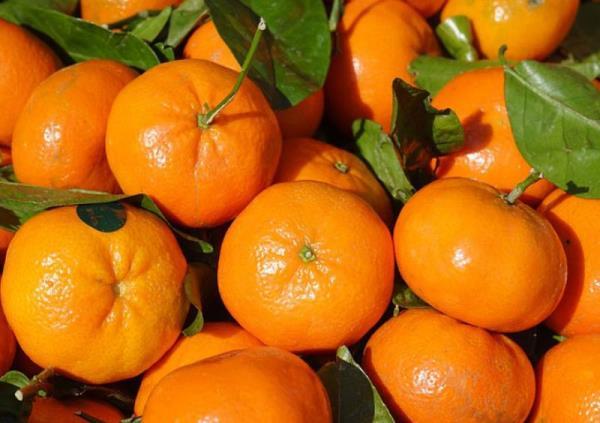Progress in the development of new mandarin varieties in Uruguay
Uruguay
Thursday 16 May 2024
VU
Uruguay's National Institute for Agricultural Research (INIA) has made significant advances in the field of citrus breeding, most notably the introduction of new mandarin varieties that exhibit highly desirable characteristics (photo: marca.com).
Uruguay's National Agricultural Research Institute (INIA) has made significant progress in the field of citrus breeding, with the introduction of new mandarin varieties that exhibit highly desirable characteristics.
Fernando Rivas, director of INIA's citrus programme, reported on the development of hybrids that stand out for their early ripening, intense colouring, excellent flavour, easy peeling and seedlessness. During the event, six new varieties developed by the programme were on display for growers to evaluate and consider including in future cropping plans.
These varieties are currently in a productivity evaluation phase, having progressed from initial screening stages to semi-commercial modules to closely examine their agronomic characteristics.
Rivas also highlighted the intention to bring forward the ripening of these new varieties two weeks earlier than the Clemenules variety, focusing on hybrids that can change colour naturally on the plant and thus avoid the degreening process after harvest. In addition, progress was presented on other citrus types, including a seedless lemon and new varieties of Valencia oranges, which are expected to dominate a significant part of the market in the coming years.
From the sanitary point of view, the introduced varieties have been evaluated for their resistance to alternaria, a pathogen that is difficult to manage, using genetic resistance as the main method to reduce residue levels in the fruit. As for HLB, a disease caused by a bacterium that is complicated to manage, Rivas explained the difficulties in assessing plant tolerance under local conditions, due to the complexity of working with the bacterium in experimental stations or other controlled environments.
fuente: eltelegrafo.com





